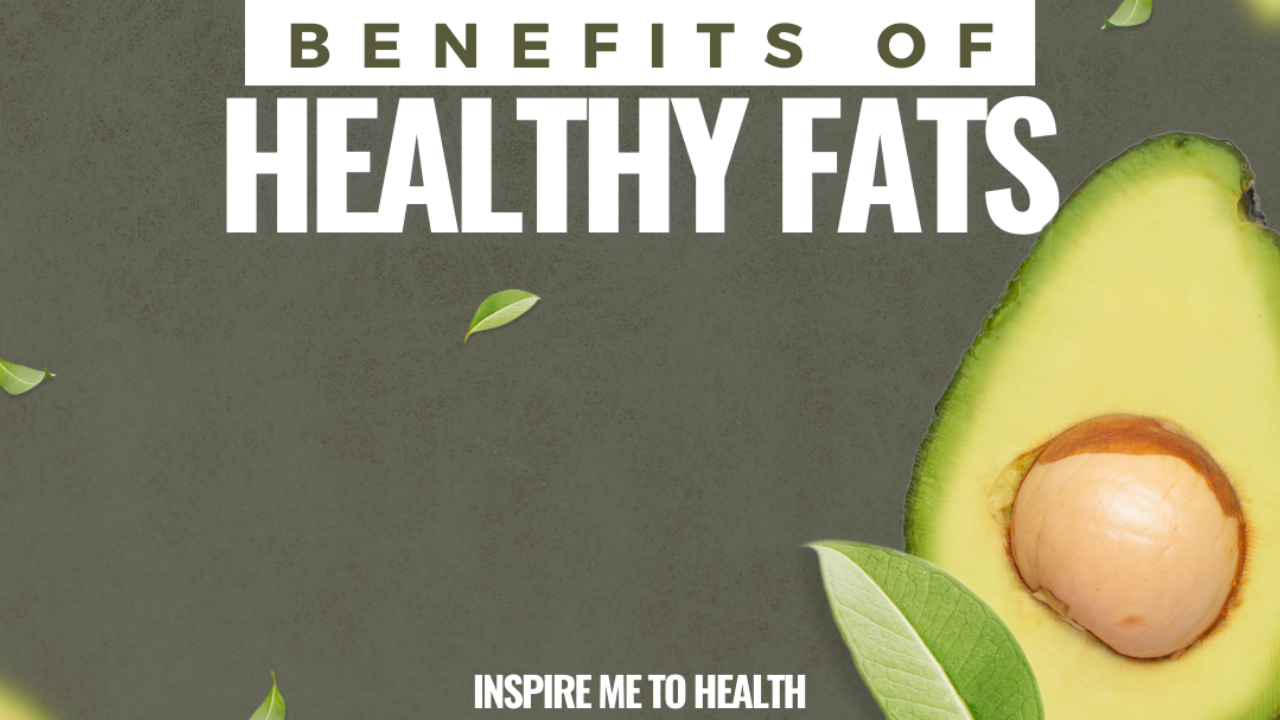Eating Fat Will Not Make You Fat
Mar 14, 2023
Dietary fat is one of three macronutrients along with carbohydrates and protein. It is used in the body as a source of energy, similar to carbohydrates. Your brain is largely made of fat, and some degree of body fat helps regulate hormones and provide energy during times of fasting.
Fat has been misunderstood for years. It was once believed that dietary fat made you fat, but as it turns out, fat is vitally important for good health.
There are several different types of fats, each with a different health profile:
Saturated Fat - In saturated fats, every carbon atom in the chain of atoms is connected by a single bond and has a hydrogen atom attached to every available side. In other words, each carbon atom is saturated with hydrogen.
This structure creates a fat molecule that is rigid and solid at room temperature. Saturated fats are generally more shelf stable and are less affected by exposure to heat and light than other forms of fat.
Sources of saturated fat include lard and butter, and coconut and palm oils.
Unsaturated Fat - In unsaturated fats, some carbon atoms are connected by single bonds and some by double bonds, and some carbon atoms are not saturated by hydrogen.
This structure creates a dietary fat that is fluid, appearing as liquid at room temperature. Unsaturated fats are not very shelf stable and go rancid more quickly, especially when exposed to heat and light.
Sources of unsaturated fat include fruit oils like olive and avocado, seed oils like flax and sunflower, and nut oils like walnut and almond.
Trans Fat - While saturated and unsaturated fats occur naturally in plants and animals, trans fats are created either through excessive heat or through a process called hydrogenation. In the 1950s, scientists believed that saturated fats were the primary cause of heart disease, and people were encouraged to avoid them and only use unsaturated fats. But olive oil just doesn't taste right with fried eggs and toast, and it certainly doesn't work in cakes and frostings. So, people turned to margarine and shortening. These were considered to be healthier alternatives, and they made pie crusts flaky, baked goods soft and chewy, and they seemed to never spoil.
Sounds like a win-win, right? Well, not exactly. Trans fats harden and clog the arteries, promote inflammation throughout the body, wreak havoc on the your digestive system and accelerate the aging process. In fact, rather than reducing heart disease, trans fats have increased heart disease and other health issues.
So, what does this mean for you?
There is no shortage of controversy and conflicting opinions about dietary fat. But here is my stance: Avoid trans fats and hydrogenated oils completely. They are never a healthy option. As for saturated and unsaturated fats, they both play important roles in nutrition when consumed in moderation.
Below is a list of healthy dietary fat sources and their benefits, along with some cooking advice:
- Avocado oil - Avocado oil is a source of omega-9 essential fatty acids, but unlike olive oil, it is a great option for higher-heat cooking.
- Butter - Butter is fairly stable in cooking. It is best to choose organic or cultured butter, butter made from organic cream, or ghee, which is butter that has been clarified.
- Coconut oil - A good brain fuel, coconut oil helps the body burn excess fat, reduces sugar cravings, helps reverse signs of Alzheimer's and balances triglyceride levels. It is a great option for high heat cooking (frying) and a great alternative to shortening in baking.
- Flax oil - One of the best sources of omega-3 fatty acids, flax oil reduces inflammation, aids digestion, lubricates the joints, benefits the eyes and skin, and helps balance female hormones. Never cook with this oil (seeds are okay in baking) as it becomes toxic when heated. Flax oil is very sensitive to heat, light, and air so always store it in an airtight container in the refrigerator (except when in softgel form).
- Olive oil - Olive oil is a great source of omega-9 essential fatty acids. It helps reduce inflammation and regulate triglycerides and cholesterol. Always choose extra virgin olive oil. Also, olive oil is best when added after cooking, as it's not well-suited for high temperatures.
- Nut and seed oils - These oils are a good source of several essential fatty acids and can help reduce inflammation. The best way to consume these oils is eating the whole raw nut or seed, or as a salad oil; they are not good for high-heat cooking.
As you can see, there are a variety of options when it comes to healthy fats. You don't have to deprive yourself of them, in fact your body needs them. It is recommended that you consume between 20-30% of your calories in fat each day. Remember that fats contain 9 calories per gram, so the calories can add up quickly.
Remember to Always...Take Care of You!

